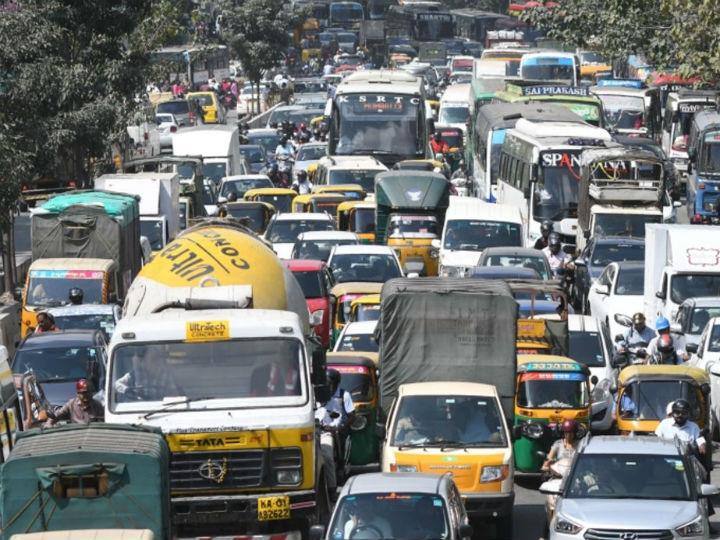by N. Peter Kramer
Internet searches for older cars has spiked since the summer. A for Reuters conducted analysis of car registration data in, among others, France, Germany, Italy and Spain shows a significant shift toward older, used cars. For instance, from July to September, searches for vehicles over 20 years old jumped 80% in France, 77% in the Netherlands and 59% in Belgium. It is clear that individual mobility has become more important for consumers because of the pandemic and that they are more cautious to spend money because of the economic uncertainty. Yet buyers are shying away from second-hand electric vehicles, according to used car dealer OccasionPlus. Of the 2.800 vehicles it currently sold, only 6 were electric ones. ‘People are wary about batteries’ performance in the long run and are reluctant to invest in the charging cabling for a second-hand car’, is the company’s explanation for it.
The surge in interest in used cars is no good news for the environment as ‘dirty’ old cars appear to be more in demand than electric vehicles. Beside the potential setback to ambitious EU targets for cutting carbon emissions, the shift to cars is already hitting struggling public transport networks. The number of people using public transport in Spain was still 44% lower than the same month in 2019. Germany and France recently had to bail out their state-owned railway companies. London Mayor Sadiq Khan called for a 5,7-billion-pound bailout package for the city’s transport operator as passenger numbers continued to plunge.
Greenpeace said that the swift away from public transport is a greater environmental concern than having older cars on the road. Greenpeace political campaigner Chetan-Welsh: ‘Governments need to do everything to reduce traffic on the road. That includes giving people the confidence to get back on public transport safely’.
Easier said than done…







